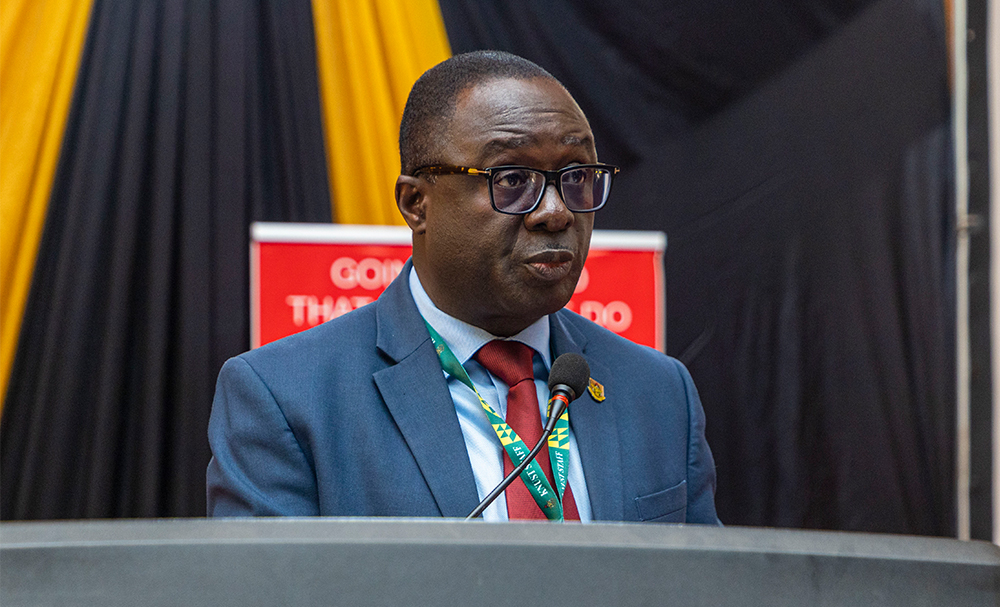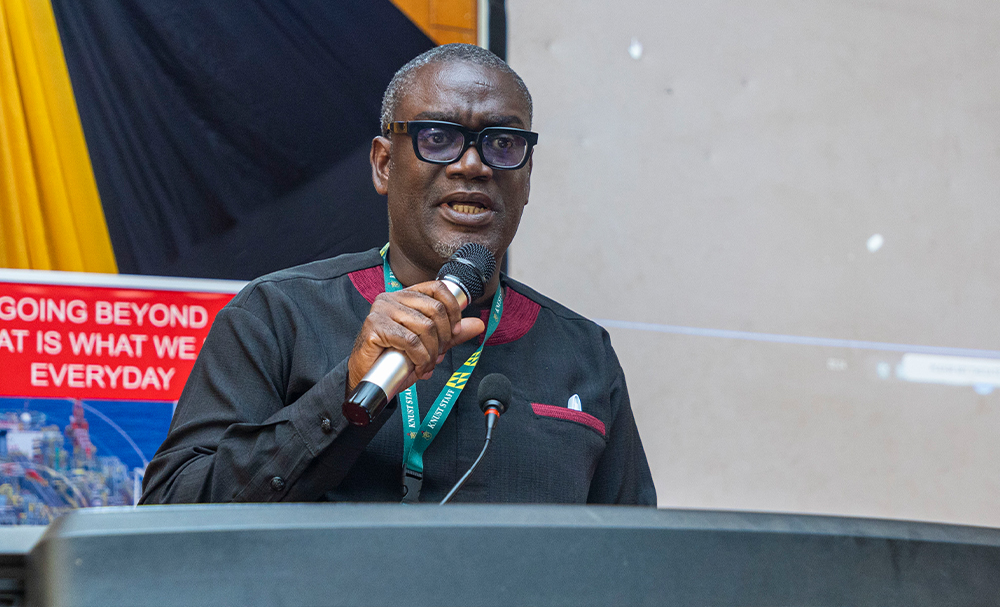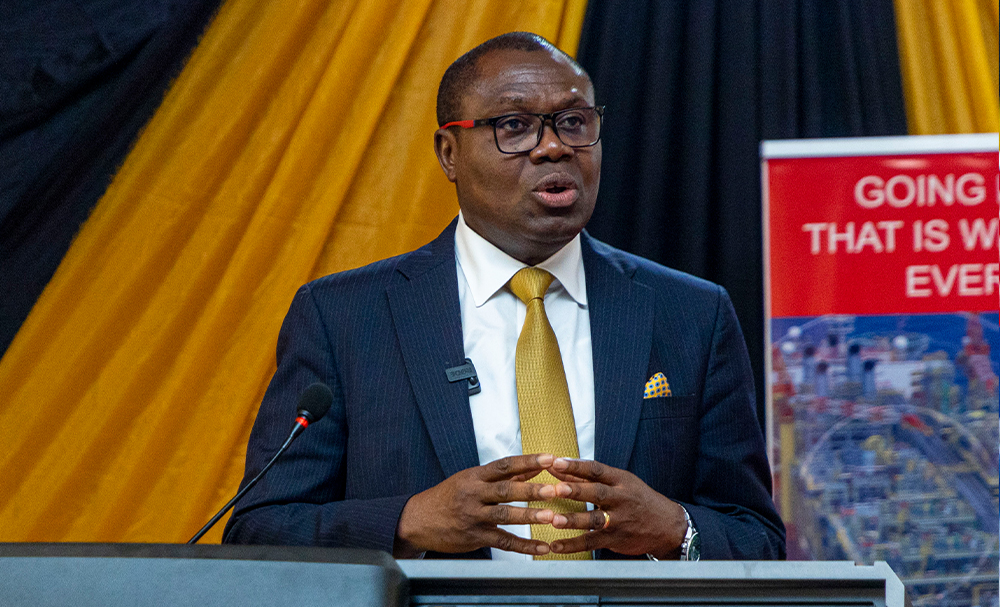Mr. Theophilus Nyarko Ahwireng, Chairman and Managing Director of MODEC Production Service Ghana JV Ltd, has underscored the importance of effective petroleum cost management.
Speaking at a public lecture organized by the College of Engineering at Kwame Nkrumah University of Science and Technology (KNUST), Mr. Ahwireng argued that it is more vital to the sector’s sustainability.
“The management of petroleum costs is far more important than its discovery,” he asserted. “Without proper cost management, we may witness advanced technology extracting oil offshore, but the revenues generated will merely cover operational expenses, leaving the nation with little to no benefit. We risk celebrating commissioning ceremonies while the oil itself remains a resource of untapped potential.”
The lecture, themed: “Capturing the Optimum Value of Petroleum Resources: Looking Beyond the Fiscal Elements,” explored strategies for maximizing the value of petroleum resources.
Mr. Ahwireng emphasized that resource-rich nations must look beyond government revenue shares and establish robust frameworks to fully harness their natural wealth.
“To unlock greater benefits from petroleum resources, nations must first conduct a comprehensive review of their economic structures,” he explained. “This foundation is essential for identifying pathways to sustainability. It is equally critical to analyze the profile of discovered resources. Understanding what you have is the first step toward leveraging it effectively.”
He highlighted the transformative potential of petroleum resources, drawing comparisons with countries like Nigeria, Norway, and Singapore. He noted that these nations have demonstrated how strategic resource management can reshape economies and impact future generations.
Mr. Ahwireng stressed the need for clear mandates for state actors, emphasizing the importance of alignment among revenue managers, resource managers, and policymakers.
“State actors must be equipped with the knowledge and authority to collect expected revenues,” he said. “Misalignment between revenue and resource managers creates opportunities for operators to exploit gaps. Clear legislation, processes, and management structures are essential to ensure companies fulfill their tax obligations.”
He also emphasized the importance of discipline in adhering to regulations, policies, and guidelines.
“For a nation to fully realize the value of its resources, it must establish a predictable environment with clear laws, acts, and regulations. The state must define its objectives and create an enabling environment for discovered resources to thrive.”

Professor David Asamoah, Pro-Vice Chancellor of KNUST, echoed Mr. Ahwireng’s sentiments, noting that while Ghana has made significant progress in leveraging its petroleum resources for economic growth.
He thinks a more holistic approach is needed to fully realize their potential.
“Beyond fiscal policies and revenue generation, we must explore value addition, technological advancement, environmental sustainability, and long-term diversification,” Professor Asamoah said.
He reaffirmed KNUST’s commitment to advancing science and technology, stating that the College of Engineering will continue to play a pivotal role in shaping the future of Ghana’s oil and gas industry through research, training, and industry collaboration.

Professor Kwabena Biritwum Nyarko, Provost of the College of Engineering, expressed optimism about Ghana’s ability to learn from other nations to strengthen its economy. He highlighted the importance of a stable political economy and a transparent regulatory regime to attract investors.
“Ghana must assure investors that it is open for business and ready to collaborate,” Professor Nyarko said. “The political economy of our regulatory framework is crucial to building confidence and fostering partnerships that drive economic growth.”

















